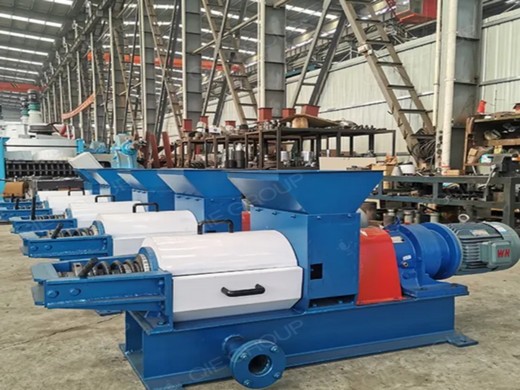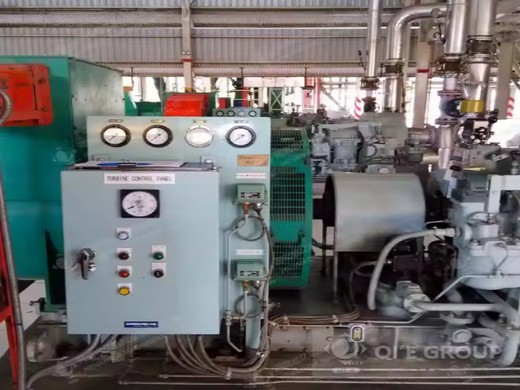Oil palm in Africa: Past, present and future scenarios
Oil Palm in Africa: Past, present and future scenarios 2 Index Introduction 3 A brief history of oil palm in Africa 4 BOX 1.- Corporate actors involved in the production of oil palm fuel in African countries 5 Different models of palm oil production 5 The oil palm area in palm oil producing countries 6
Bottom Line: Palm oil comes from palm trees native to Africa, where it has been consumed for thousands of years. It is semi-solid at room temperature and differs from palm kernel oil in
Palm oil in Africa SPOTT.org
The African oil palm (Elaeis guineensis) originated in West Africa and grows extensively in this region, but largely as low-yield multi-crop stands in and around villages, where it has been traditionally grown as a subsistence crop in small-scale farming systems for thousands of years. Africa (and West Africa in particular) is a new frontier region for large-scale palm oil production.
Palm sickle products are most popular in Africa, North America, and Southeast Asia. You can ensure product safety by selecting from certified suppliers, including 12 with ISO9001, 4 with Other, and 2 with ISO14001 certification.
Oil palm tree Britannica
Oil palm, (Elaeis guineensis), African tree in the palm family (Arecaceae), cultivated as a source of oil. The oil palm is grown extensively in its native West and Central Africa, as well as in Malaysia and Indonesia. Palm oil, obtained from the fruits, is used in making soaps, cosmetics, candles,
The Oil Palm The Oil Palm is a project of the Malaysian Palm Oil Council (MPOC), dedicated to promoting the benefits of Malaysian Palm Oil, the world’s essential oilseed crop. Malaysia is the second-largest producer of Palm Oil, and a major exporter. The Malaysian Palm Oil Council (MPOC) represents the interests of Palm Oil growers and small farmers, in Malaysia.
Oil Palm Cultivation (Palm Oil) Guide Agri Farming
Oil Palm Seeds -Sprouted. In nursery raising, the single stage poly bag system is a very popular propagation method and in this process, a poly bag size 40 35 should be filled with top soil, sand and well rotten manure.Then sprouts should be placed at a depth of 2.5 cm in the center of the poly bag. Regular watering and mulching should be carried for proper growth of seedlings.
PALM OIL PRODUCTION AND PROCESSING BUSINESS PLAN IN NIGERIA. Palm Oil Production and Processing Business plan in Nigeria. This sample Palm Oil Production and Processing Business Plan In Nigeria can be used for Grant Applications, Bank Loans, Proposal writing, Business Concept Note, Competitions etc.
Palm oil Transport Informations Service
Palm oil has a relatively high solidification point/range of 41 31°C. In its native countries it has a liquid consistency, but in temperate latitudes it is fatty and has to be heated. Palm oil is thus also known as palm fat. The oils must only be heated by a few °C per day, otherwise the risk of rancidity and other negative changes arises.
Pounding (digestion) and oil extraction are the most tedious and essential operations in traditional palm fruit processing; therefore early efforts concentrated on these tasks. In small-scale processing, digestion, the breaking up of the oil-bearing cells of the palm
- Which country produces the most palm oil in Africa?
- Nigeria is the largest producer of palm oil in Africa and fifth largest in the world. The west African country accounts for 7% of global output of palm oil production. In Nigeria, palm trees which produces palm fruits from which palm oil is extracted is grown commercial in Southern Nigeria.
- Why is palm oil important in Africa?
- Despite these concerns, palm oil production remains an important industry providing jobs and contributing to economic growth in many countries, including several in Africa. Nigeria: With a production of 1.4 million metric tons, Nigeria is the fifth-largest producer of palm oil in the world and the top producer in Africa.
- Why is palm oil important in Nigeria?
- During pre-colonial and colonial era, palm oil is considered one of Nigerian’s major source of foreign exchange till the discovery of crude. Palm oil, botanically known as Elaeis Guineensis is a widely used ingredient in preparing a lot of African foods. Nigeria is the largest producer of palm oil in Africa and fifth largest in the world.
- What is palm oil used for?
- Palm oil, botanically known as Elaeis Guineensis is a widely used ingredient in preparing a lot of African foods. Nigeria is the largest producer of palm oil in Africa and fifth largest in the world. The west African country accounts for 7% of global output of palm oil production.
- Which countries produce palm oil?
- Palm oil is one of the country's main agricultural products, and the government is investing in expanding the industry. Cameroon: Cameroon is another West African country that has been producing palm oil for decades. It is the 12th-largest producer in the world, with an output of 465,000 metric tons.
- How much is 25 litres of palm oil in Nigeria?
- The average price of 25 litres of palm oil in Nigeria is around N7000. Most Nigerian rural dwellers are highly engaged in processing and marketing of palm oil in Nigeria and across west Africa. South-south states like Akwa Ibom, Edo and Cross Rivers states are some of the largest producers of palm oil in Nigeria.






